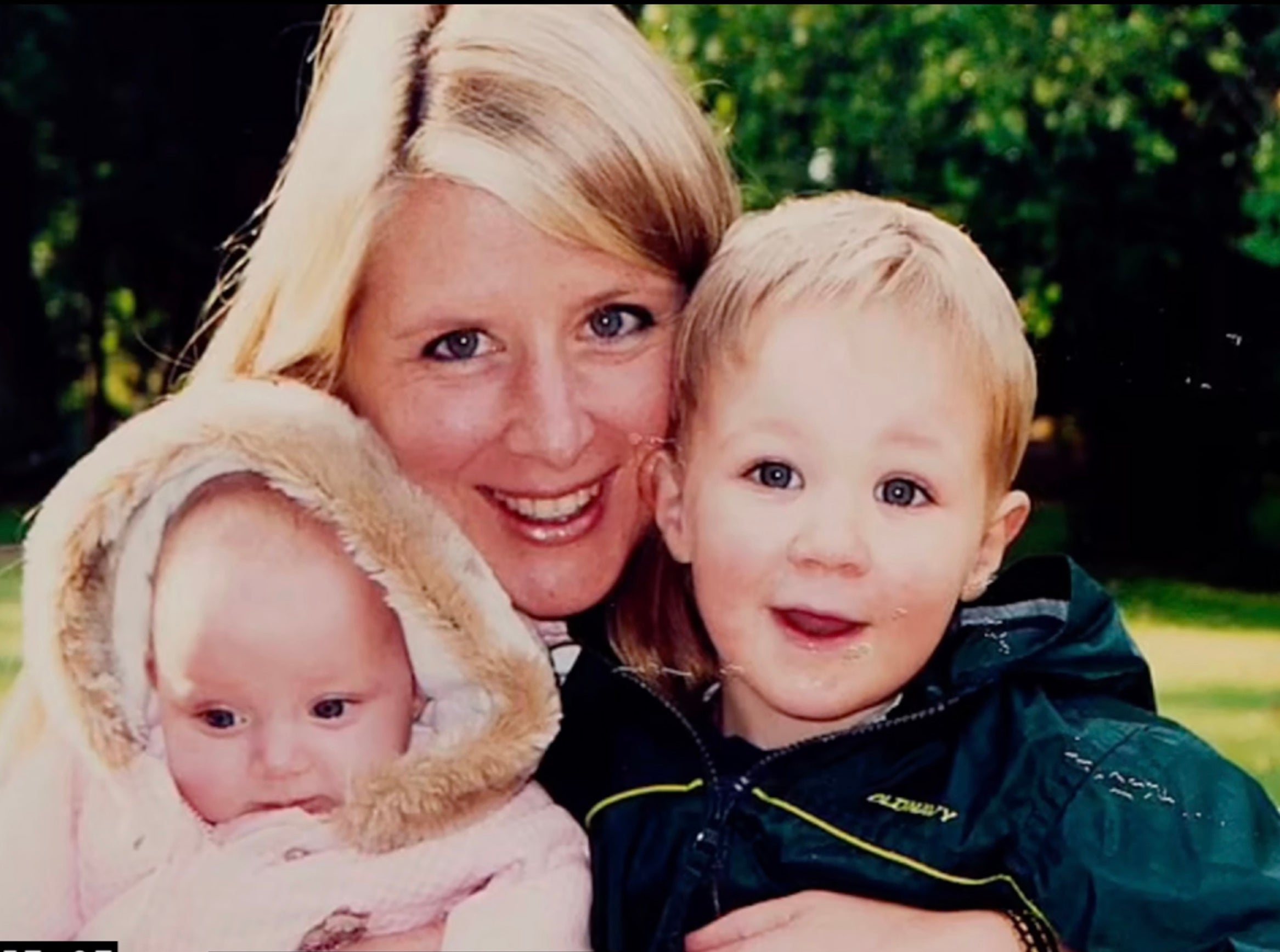My friend was killed by her husband – I’ve made it my mission to help others escape domestic abuse
As chair of Refuge, I have seen first-hand how the home is not always a safe place – which is why The Independent’s Brick by Brick appeal is so vital, says Hetti Barkworth-Nanton

For the many women and their children experiencing abuse, home is often the scene where crimes are carried out – behind closed doors, with perpetrators inflicting a pattern of devastating behaviours that, over time, erode a woman and her children’s self-worth, identity, emotional and physical wellbeing, and, in the most devastating cases, takes lives.
This is what happened to my friend Jo.
On Sunday, 31 October 2010, at the age of 46, she was bludgeoned to death with a hammer by her husband in the vicinity of her children, aged just nine and 10 at the time. It was just one week before the finalisation of their divorce.
We knew Jo’s marriage was not a happy one, but prior to her killing at the hands of her controlling and abusive husband, we had little knowledge about the term “domestic abuse”. Jo’s death, 14 years ago, changed everything for me, and I vowed alongside Jo’s mother Di to campaign in her legacy, to ensure no more lives were taken in this way.
Jo was finalising the divorce papers while her soon-to-be ex-husband was digging her grave. He was no longer living in the property, although they were in contact to share custody of the children. She was looking forward to a future without his presence in her life, which he took from her.
None of us could have predicted what would happen, we did not know about “red flags” and “warning signs”, and Jo was so good at putting on a brave face for her family, the children and her friends. Jo’s body was found five days later, buried in Windsor Great Park.
Despite evidence of considerable planning, her killer was convicted of manslaughter due to diminished responsibility. Jo was the victim of domestic abuse through coercive control, isolation and intimidation.
In the years I have been campaigning, I’ve frequently been asked: “Why didn’t she just leave?” It is often well-intentioned; we do not want to see our family and friends suffer, but the reality is very different.
On average it takes a woman seven attempts before she’s able to leave an abuser for good. Leaving an abusive partner is a process, not a single act – and it is often the most dangerous time when the likelihood of a domestic homicide is at its highest.
I knew I had to do something to ensure no more lives were taken in this way. In 2013, I set up the Joanna Simpson Foundation with Jo’s mother, Diana Parkes CBE. By 2016, we were in a room with Camilla, the then Duchess of Cornwall, and domestic abuse charity Safelives.
We spoke about Jo’s memory and her legacy, and also heard from survivors who were bravely rebuilding their lives following domestic abuse. Her Majesty listened to us all and pledged to campaign alongside us, to raise awareness of domestic abuse and end male violence against women and their children.
In 2020, I then became chair of Refuge, which is the largest specialist domestic abuse service provider in England. Every two minutes, someone reaches out to Refuge for support with domestic abuse, and Refuge runs the 24/7 national domestic abuse helpline – the gateway for survivors to access support across the country.
Over the last few years in my work at Refuge, I have met countless survivors of domestic abuse – women who have shared their stories of bravery, resilience and courage, all while facing the huge barriers stacked against them. I also work with bereaved families, who continue to be let down by the criminal justice system, giving them support and agency.
Refuge does life-saving and life-changing work; our expert staff support women and their children through this terrifying time, so that they are not alone. Many women have experienced years of isolation after their abusers have shrunk their worlds, removed the safety net of family and friends through coercive control, or destroyed their confidence to make them think hope and freedom isn’t an option. But it is.
There is life beyond domestic abuse. Survivors I have spoken to over the years have told me that, with Refuge’s support, they were able to flee their abusers, finding sanctuary for themselves and their children to rebuild their lives away from fear.
I’ve seen first-hand the amazing work that goes on in Refuge’s services – but we cannot do it alone.
The demand is such that we need more properties where families can rebuild their lives in safety, which is why The Independent’s Brick by Brick appeal is so needed. Home is meant to be a safe place, and with your support, it can be.
Instead of asking “Why didn’t she just leave?”, let’s ask how we can support women to live a life free from abuse, with autonomy over their and their children’s lives. We all have a role to play in eradicating domestic abuse, brick by brick.
If you or someone you know is affected by domestic abuse, you can contact Refuge’s national domestic abuse helpline for free, confidential support at 0808 2000 247.
Please donate now to the Brick by Brick campaign, launched by The Independent and charity Refuge, to help raise £300,000 to build a safe space for women where they can escape domestic abuse, rebuild their lives and make a new future.
Hetti Barkworth-Nanton CBE is chair of Refuge
Join our commenting forum
Join thought-provoking conversations, follow other Independent readers and see their replies
Comments
Bookmark popover
Removed from bookmarks